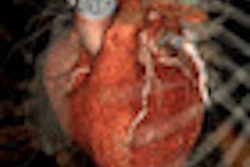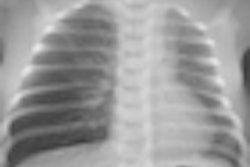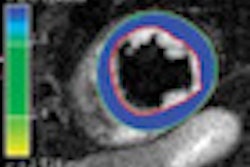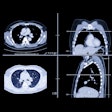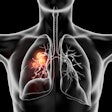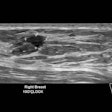Dear AuntMinnieEurope Member,
Coping with interruptions during reporting sessions is part of the daily working life of every practicing radiologist. Reporting requires intense concentration and peace and quiet, but radiologists must come to terms with seemingly endless queries and requests from clinical colleagues, trainees, and others.
Surprisingly little research has been conducted about interruptions, yet they have a crucial effect on workflow and efficiency. A multicenter team in the west of Scotland recently studied the number and causes of interruptions during a week of CT reporting, and found the average interruption time was 55 minutes per session. In one session, the radiologist was interrupted a staggering 21 times. For the full story, click here.
Any research conducted at Charité Medical University is worthy of scrutiny. At the Berlin center, Dr. Marc Dewey has found that single-beat cardiac CT not only allows for dose reduction and high accuracy, but also for greater flexibility in imaging patients with arrhythmia, atrial fibrillation, and shortness of breath. Click here for more details.
This month's informatics column asks if PACS salespeople can be trusted. What is delivered at the end of a project is often quite different from what was initially promised, so this means it is vital for decision makers to understand and be involved in determining the specifications. Click here for the article or visit the Healthcare Informatics Digital Community.
Our editors keep a very close eye on the leading journals, and European Radiology and Insights into Imaging have published important new studies online. To read about promising developments in stem cell regeneration of cardiac tissue following myocardial infarction, click here. For a report on the radiological findings of various pediatric nontraumatic thoracic emergencies, click here.
Don't forget to check out our Case of the Week feature. The easy-to-follow, interactive format is proving popular with trainees and experienced doctors. This week's report is about a 38-year-old with low backache. Click here to read the case.




